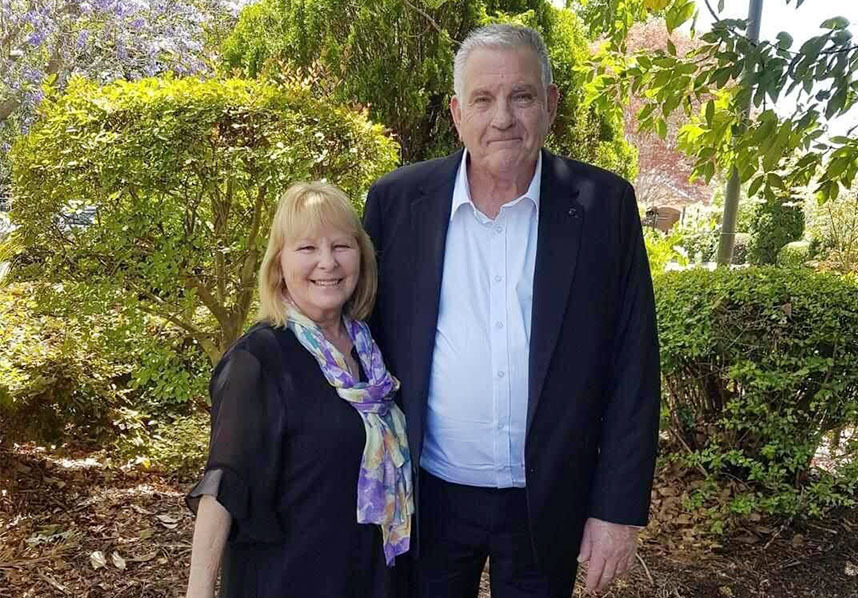How to Sell a House with a Mortgage

How to Sell a House with a Mortgage
Selling a property with a mortgage is a common situation, and it’s not as complicated as it might sound. Most people aim to be mortgage-free, but it typically takes 30 years to pay off a home loan. This means that when you decide to sell, you might still have an outstanding mortgage balance. However, there are various options available to manage this situation.
You can even transfer your current mortgage to your next property, allowing you to upgrade, downsize, or exit the market entirely. Before making any decisions, it’s crucial to understand how your home loan functions, your obligations to the lender, and the associated fees and timeframes for completing the transaction.
One practical step to start with is getting your property appraised to determine its current value. Then, calculate the remaining mortgage balance and the funds needed for your next residence. To help you navigate this process, we’ve put together a guide on selling a property with an existing mortgage.

How can you sell your house while paying a mortgage?
Selling a property with an existing mortgage is common, and Australians tend to hold onto their homes for shorter periods than the typical 25-30 years of a home loan. On average, homeowners own houses for just over 11 years and units for about nine and a half years, as per the latest CoreLogic data. So, selling a home with a mortgage is not unusual.
The first step is to inform your bank or lender of your intention to sell. They hold the “Certificate of Title” for your property, signifying their formal interest in it. This gives them the authority to sell the property if you default on repayments and implies that they expect full repayment upon your decision to move.

How does selling a house with a mortgage work?
To proceed, you’ll need to complete a “Discharge of Mortgage” form, usually available on your bank or lender’s website. This form will ask for various details, such as the borrower’s name, guarantor’s name, solicitor’s name, home loan account numbers, and the line of credit. It’s essential to read and understand the information on this form, as it grants the bank the authority to initiate the process.
Keep in mind that discharging a mortgage can take 14 to 21 days, so factor this into your timeline. You’ll still be responsible for mortgage payments until the sale is finalized. Obtaining a settlement or closing statement is also advisable, as it outlines closing costs and can give you an idea of any potential profit.
Your bank will work with your solicitor or conveyancer to arrange the payment of the outstanding mortgage amount at settlement, which will be deducted from the sale proceeds. Your lender will also register the discharge of the mortgage with the Land Titles Office in your state or territory, indicating that the property is free of any legal term referring to restrictions. Discharge fees can vary, ranging from $0 to $550.

Can you keep your existing mortgage and move to a new property?
If you wish to retain your current mortgage while moving to a new property, many home loans offer “portability.” This means you can transfer your existing mortgage to your next property, allowing for a faster process and avoiding upfront fees associated with a new loan application. It also enables you to maintain your current loan details, interest rates, repayments, and setups.
This transfer typically involves a “substitution of security,” which moves the mortgage from your current property to the new one. Your lender may also offer attractive interest rates to retain your business, or you can consider refinancing your mortgage when you move. Keep in mind that if you plan to pay off a significant portion of your mortgage, there may be additional fees from your bank known as “break costs,” primarily applicable to fixed-rate mortgages. The exact amount of these costs depends on your outstanding balance and the remaining term of the loan, so it’s advisable to consult your lender for details.

What happens if you sell your house for less than the mortgage?
In some cases, the outstanding balance on your mortgage may exceed the value of your home, resulting in “negative equity.” This can occur if you purchased your property at the peak of the housing market, heavily borrowed against your home loan, overpaid for the property, or had a low deposit. New homes and apartments are also at risk of negative equity because they often sell at a premium.
If you face a shortfall when paying off your mortgage upon sale, you will need to cover it with personal savings or by selling assets like a car. If you cannot make up the difference, your mortgage insurer may be asked to cover the gap, and the lender will attempt to recover the outstanding debt from you.

Can you buy another property before selling your existing home?
Buying another property before selling your existing one can be challenging because most of your equity is tied up in your current home. However, some options may make it possible, depending on market conditions:
Subject to Sale Offer: You agree to purchase a new home on the condition that you cannot settle until your current property has sold. Sellers may be less inclined to accept this option.
Bridging Loan: This is a short-term loan taken on top of your existing mortgage, providing an additional 6 to 12 months to sell your property. It combines your existing home loan, the new property’s purchase price, and associated costs like stamp duty, legal fees, and lender fees. However, it can be riskier in a declining market.

What other fees should you take in consideration?
In addition to banking fees, you should budget for conveyancing, marketing, and agent fees or commissions when selling your property. Legal costs can range from $800 to $2,000, depending on the state or territory where you reside. Real estate agents may charge a flat fee or work on a tiered commission structure, which will be discussed and agreed upon before signing contracts. Your agent can also advise on a marketing budget tailored to your location, type of property, and market performance. Marketing campaigns often include digital and printed media, such as digital brochures, real estate portal listings, social media posts, professional photography, drone footage, signage, copywriting, and advertising.
Recent Posts
What to Consider when Applying for a Home Loan
21 Apr 2024












